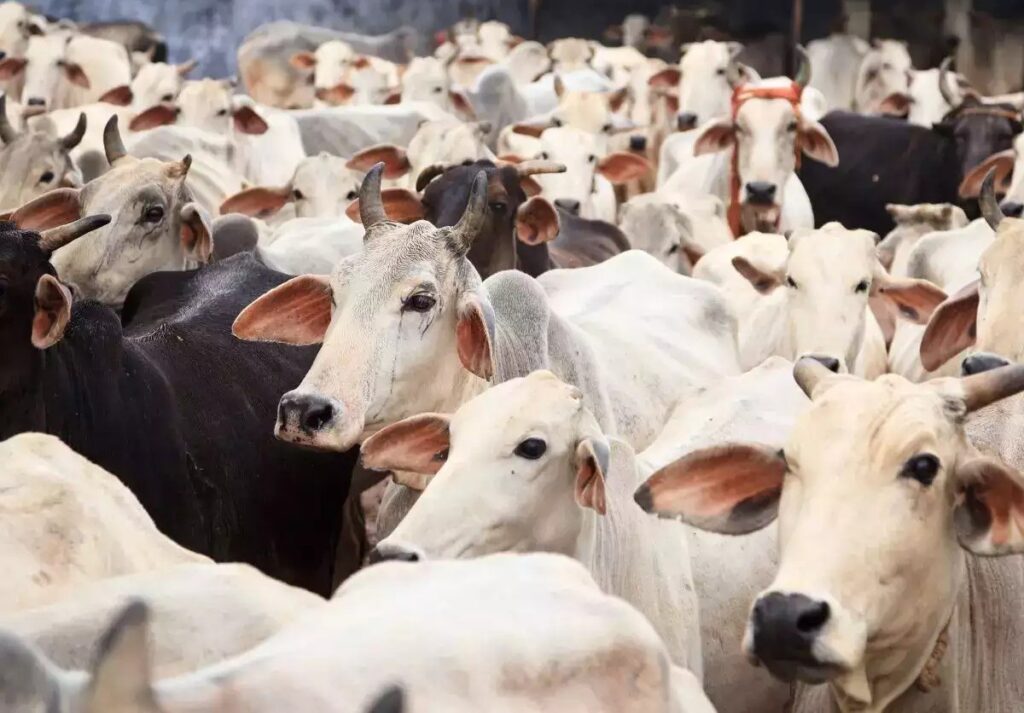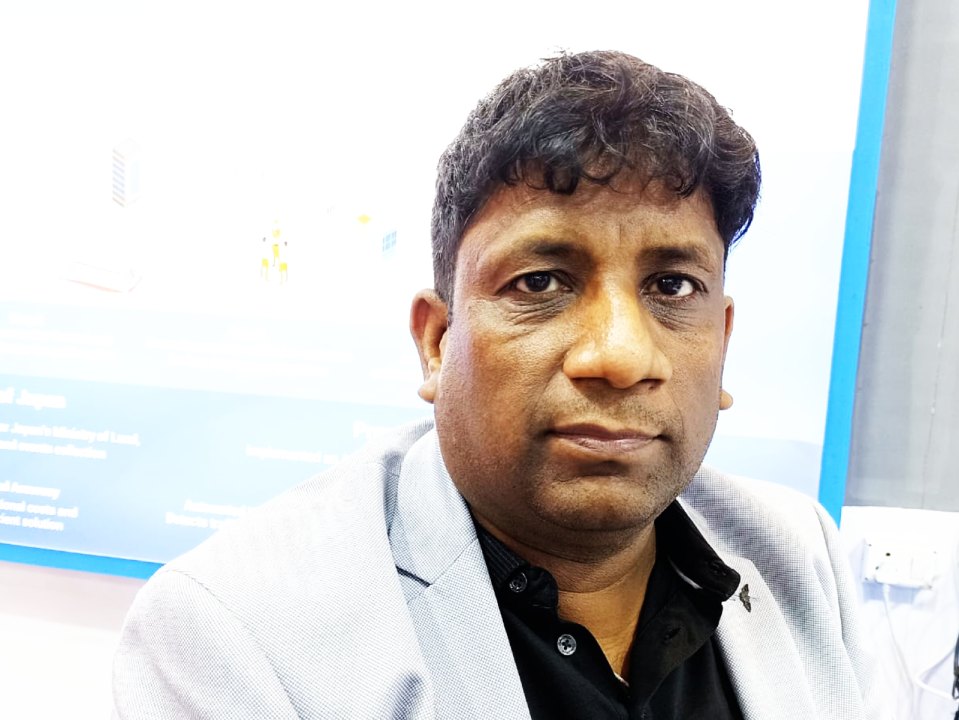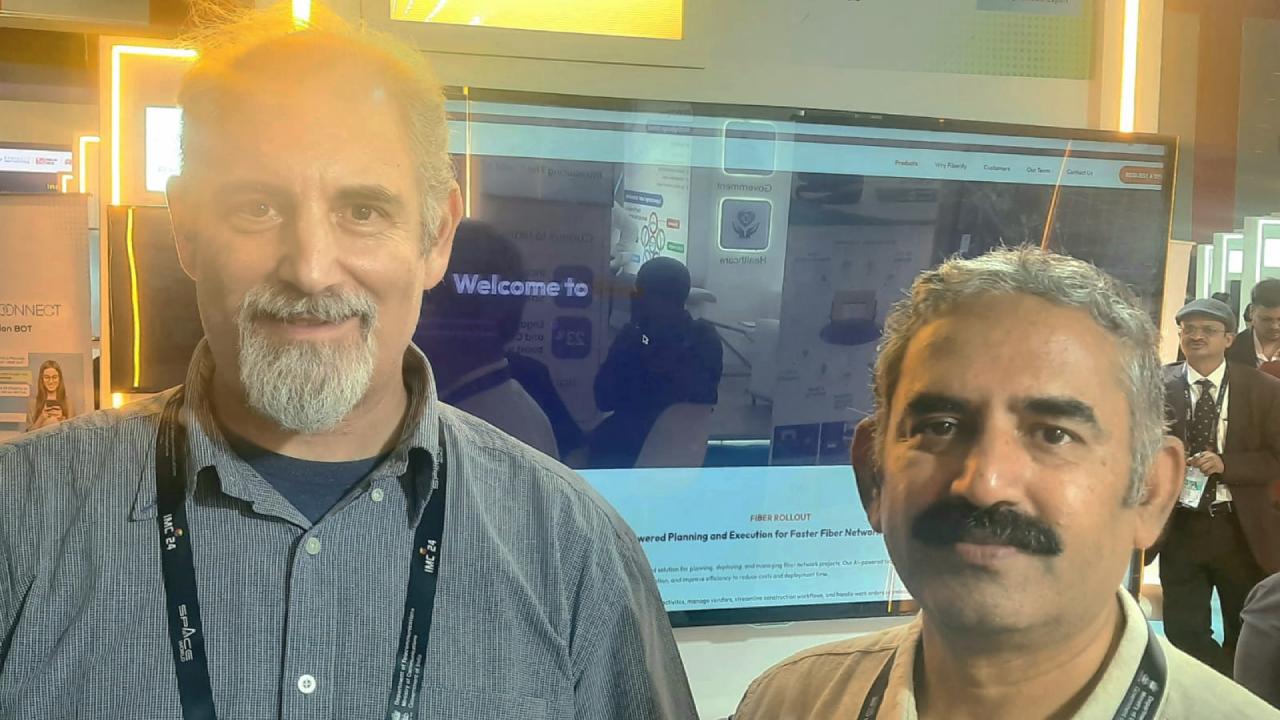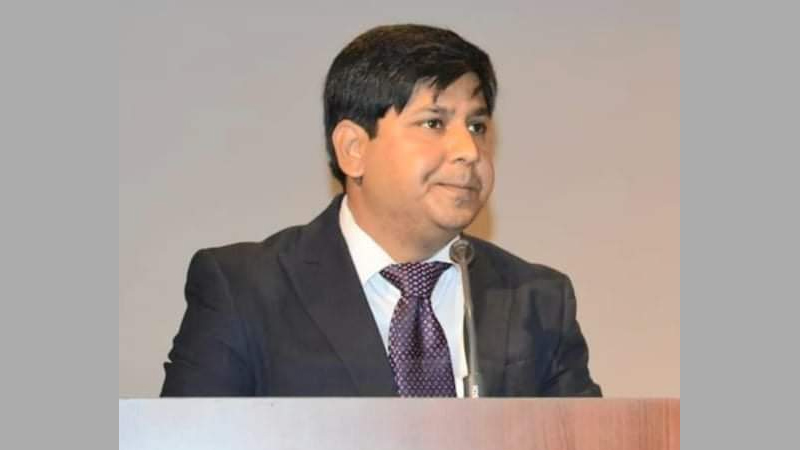Ayurvet Research Foundation (ARF) conducts scientific research to advance knowledge in the fields of natural and applied sciences. Initially concentrating on enhancing animal and soil health, the foundation’s primary objective is to promote sustainable agricultural and animal husbandry practices. Recognizing the pivotal role of livestock in agriculture, ARF has launched numerous projects aimed at addressing the challenge of cost-effective livestock feeding. These initiatives not only benefit individual farmers but also contribute to the welfare of the broader community and FPO.
In 2006, ARF introduced the innovative concept of 5F security, which underscores the importance of sustainable integration between livestock and agriculture. This holistic approach emphasizes the efficient utilization of resources at every stage of production, thereby minimizing waste and maximizing output. By converting output waste into valuable input for other processes, ARF strives to reduce losses and enhance overall efficiency in agricultural practices. Furthermore, ARF remains steadfast in its commitment to improving health, ensuring food safety, and enhancing farm profitability through continuous innovation and research.
Dr. Anup Kalra, the CEO of ARF, recently shared insights about the Dugdh Shakti Farmers Producer Organization (FPO) in Saharanpur during an interaction with The Interview World. Dr. Kalra highlighted the initial challenges faced by the organization and elaborated on the strategies employed to overcome them. Additionally, he emphasized the significance of quality testing to maintain transparency in farmer payments and outlined FPO’s ambitious expansion plans for the future.
Q: What specific details can you provide about the Dugdh Shakti Farmer Producer Organization (FPO)?
A: In collaboration with NABARD, the Ayurved Research Foundation embarked on a transformative venture, erecting the Dugdh Shakti FPO in Saharanpur, situated in western Uttar Pradesh. Originally entrusted to a different agency, the project encountered stumbling blocks. Engaging in dialogue with NABARD officials, a decision emerged to shoulder the responsibility ourselves. Amidst deliberations, we committed to advancing the initiative, accepting the challenge with determination. This collaborative effort symbolizes a proactive approach towards empowering communities and fostering sustainable development. By assuming ownership of the project, we embrace the opportunity to catalyze positive change, leveraging our expertise to navigate challenges and realize shared goals.
Q: What challenges did you encounter while establishing this FPO?
A: Initially, a plethora of challenges emerged as farmers hesitated to engage. They voiced concerns regarding profitability and the absence of accessible services. In FPOs, the fundamental aim is to ensure farmers receive essential services, knowledge, and connections with experts and technology. These components are pivotal for farmers to generate substantial value. Our team, stationed in Saharanpur, forged a close collaboration with NABARD officials. Together, we meticulously strategized and implemented solutions to overcome these obstacles. Through concerted efforts and dedication, we gradually facilitated the integration of farmers into FPOs, fostering their growth and prosperity in the agricultural sector.
Q: What is the total number of farmers affiliated with this FPO?
A: The count of farmers or producers has seen a notable rise. I advocate for an optimal range of 250 to 300 producers, each maintaining a herd of 4 to 5 animals, predominantly buffalos and cows. Subsequently, this surge in producers has led to a substantial increase in milk supply.
Q: What criteria or methods do you use to assess the quality of the milk produced by these farmers?
A: The quality testing equipment strategically positioned in the designated area by the dedicated team helps the operations of the FPO. Within the director’s office, meticulous arrangements were made, including the installation of weighing scales and other essential facilities, all aimed at guaranteeing transparency in the payment procedures for the farmers. Furthermore, our efforts extended to ensuring the provision of high-quality feed, thereby bolstering productivity levels among the farmers. Additionally, we meticulously administered necessary supplements and implemented deworming programs to uphold the health and well-being of the livestock, leaving no stone unturned in our commitment to supporting agricultural excellence.
Q: What methods or strategies do you utilize to sell milk in the local market of Saharanpur?
A: To empower farmers with the latest knowledge and technologies, we initiated technical meetings, with the most recent session dedicated to discussing the functionality and benefits of a milk vending van. Following deliberations, farmers decided to collectively pool their resources, supplemented by government support, to facilitate the operation of this innovative venture.
The milk vending van functions as a mobile deep freezer, enabling the seamless transportation of fresh milk across the tehsil or district. Utilizing a user-friendly interface akin to an ATM, interested buyers can conveniently purchase milk by making a payment and pressing a button. This innovative system ensures that the milk remains frozen during transit, maintaining its freshness until it reaches the consumer.
The introduction of this initiative has garnered positive feedback from the market, indicating a promising future for the venture. By embracing such advancements, farmers are not only enhancing their livelihoods but also catering to the evolving demands of consumers.
Q: What strategic initiatives or growth strategies are you implementing to expand your operations?
A: The expansion is a result of presenting this case study to the heads of NABARD at their regional office in Lucknow, where they appreciated it, leading to the recognition of this FPO as the best in UP. Now, the question arises of scaling up this FPO, which is inevitable, given that most FPOs operate within the agricultural domain. However, there is a growing interest among farmers in venturing into livestock as an emerging opportunity. To highlight this shift, a video has been produced and acknowledged by NABARD. Additionally, the upcoming annual issue of NABARD’s magazine will feature this development.









